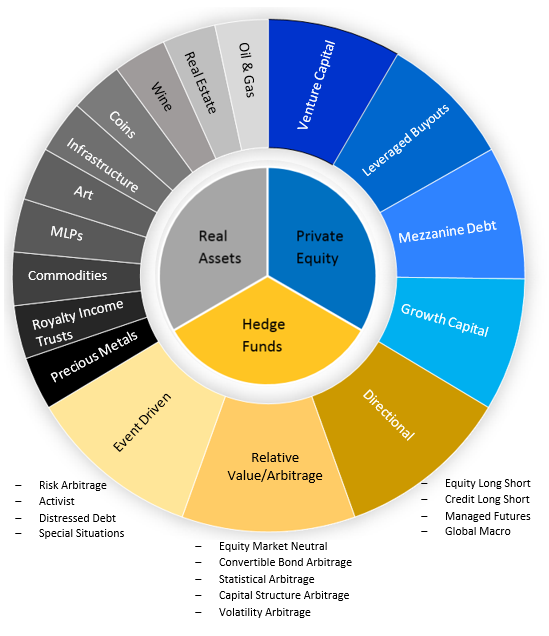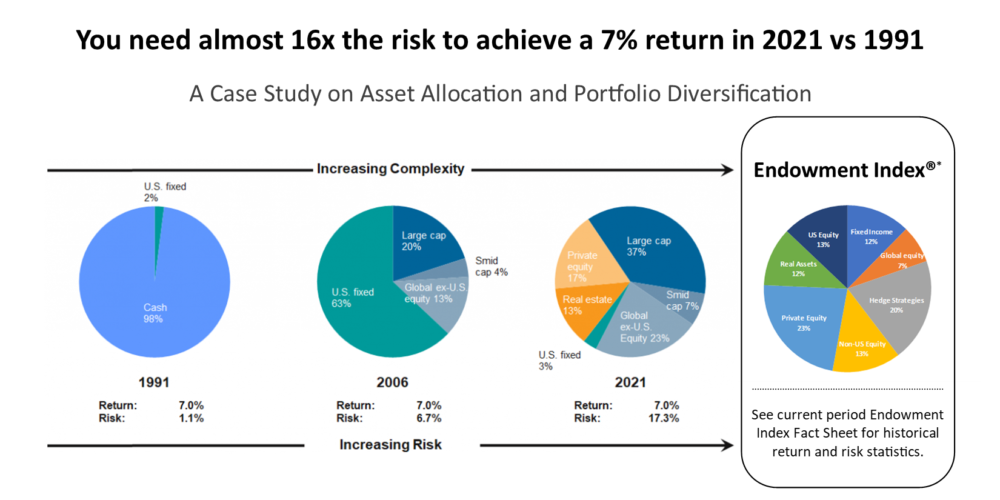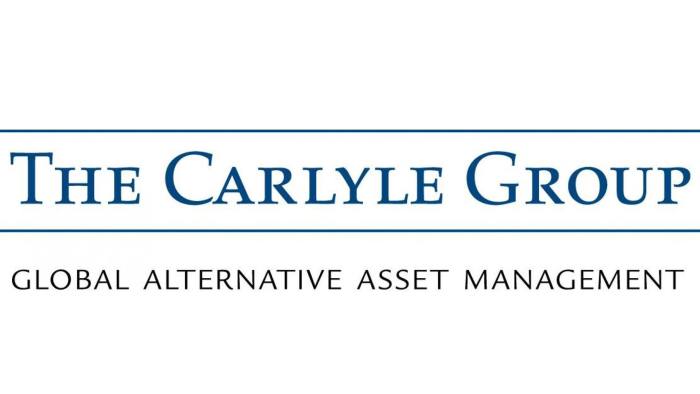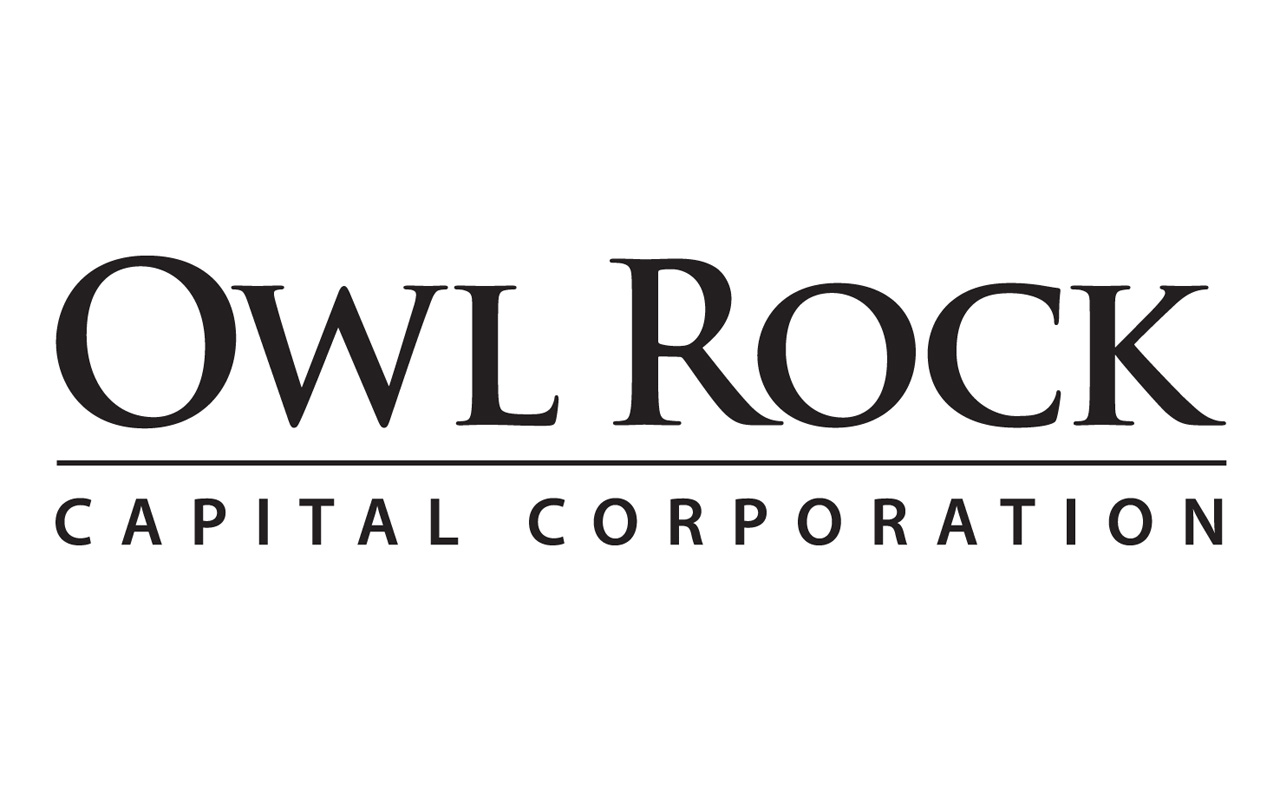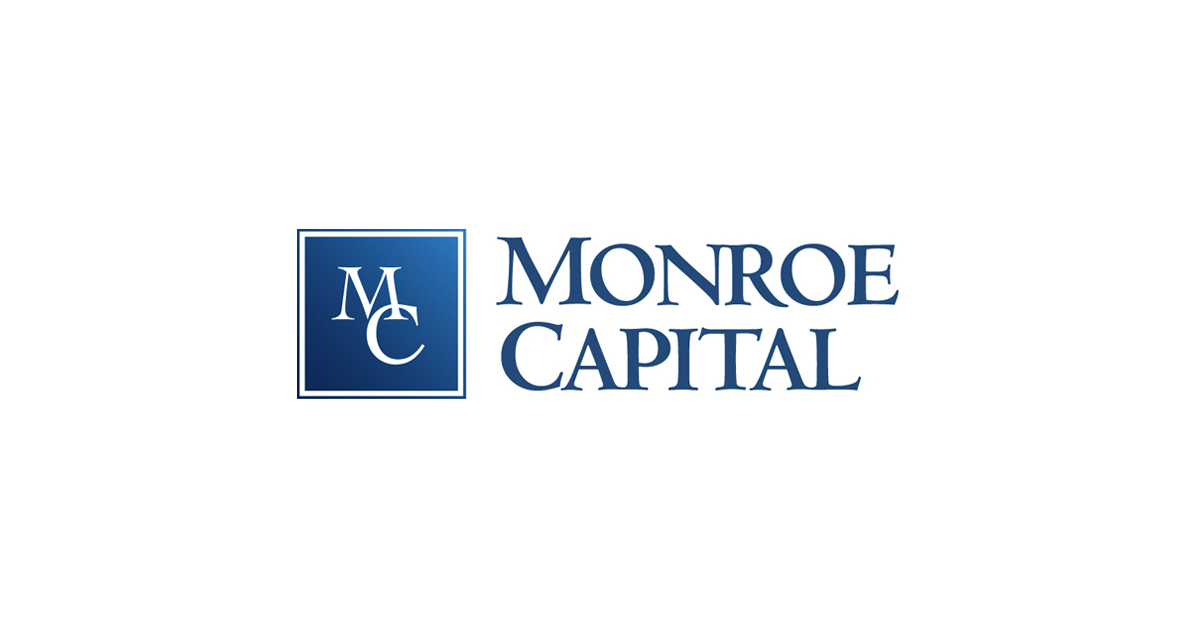Alternative investments are non-traditional assets not normally included in a vanilla 2-Dimensional stock-bond portfolio.
Essentially any investment, other than a stock, bond or cash, can be considered an alternative investment but some of the most common are real assets, private equity and hedge strategies.
By allocating alternatives to your portfolio you are creating a 3-Dimensional portfolio based on the Endowment Investment Philosophy®, which will expand your diversification and may enhance long-term risk-adjusted returns.

